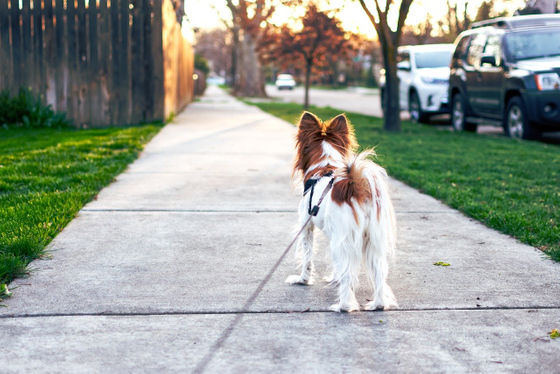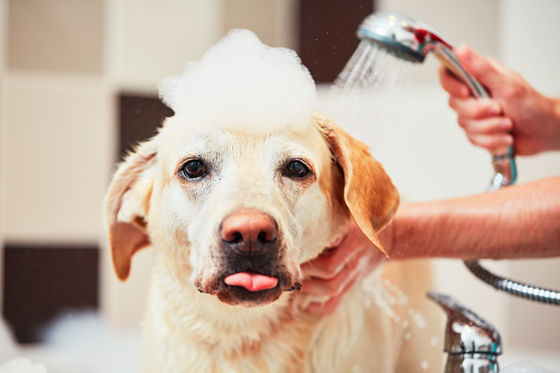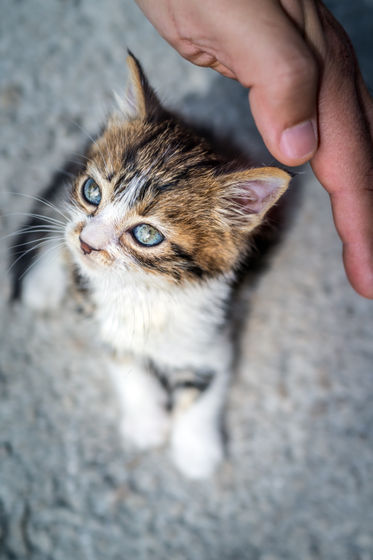Is it possible for a pet to be infected with the new coronavirus? Summary of points that owners should know

Veterinary specialists warned that it is necessary to be more careful in handling and caring for pets during the time when the new coronavirus infection (COVID-19) is in the global stage Is ringing.
Should you let a stranger pet your dog? Covid-19 risks explained by experts
The first thing that comes to mind as a new coronavirus affects pets is that they get infected with COVID-19. So far, there have been reports of cases in which pet cats , dogs , and tigers in the zoo have been tested positive for the new coronavirus test.
Although the research on the influence of the new coronavirus on pets has not progressed yet, the results so far show that ' cats and ferrets can be infected with the new coronavirus, but dogs are not likely to be infected '. Has been suggested. Not only dogs but also domestic animals such as pigs, chickens and ducks are at low risk of infection.
Meanwhile, the British Veterinary Society said, `` The new coronavirus can attach to animal fur as well as doorknobs, human skin and hair, and the surface of smartphones, so pets can spread coronavirus. that there is ' pointed out it is.
Based on these cases and the opinions of several experts, Inverse, an academic news site, has summarized the following points for pet owners.
◆ 1: Social distance is important between pets and people

According to Annette O'Connor, a veterinarian at the University of Michigan, COVID-19 infecting pets is extremely unlikely to infect humans. However, it is possible that COVID-19 will diffuse through the particles of the virus attached to the fur.
So O'Connor said, 'It's essential that we keep the social distance between people, and so do dogs, because every dog has an owner next to it.' In particular, it's best to avoid crowded dog parks. '
◆ 2: What is the infectivity of viruses attached to the fur of pets?

Previous
Sarah Caddy, a virologist and veterinary license at the University of Cambridge, said, `` There is no research on how long the new coronavirus attached to the fur of pets keeps the infectivity, but Given the nature of the fur, viruses attached to the pet's fur may be infectious for a few hours, up to 24 hours at a time. '
◆ 3: If new coronavirus symptoms occur, avoid contact with pets as much as possible

Rebecca Archer, a veterinarian at the University of Calgary in Canada, said: `` If your owner is suspected of having COVID-19, you need to stay away from your pet and, if possible, take care of others. Protect small furry families from COVID-19 in the same way they do to human families, 'he said.
On the other hand, if there is no risk of COVID-19, it is not necessary to keep pets away. Mr. Archer said, 'Since research so far, it is known that contact with pets increases euphoria and makes you healthier, so let's hug a cat or rubbing a dog's tummy' Did.
Related Posts:
in Creature, Posted by log1l_ks







